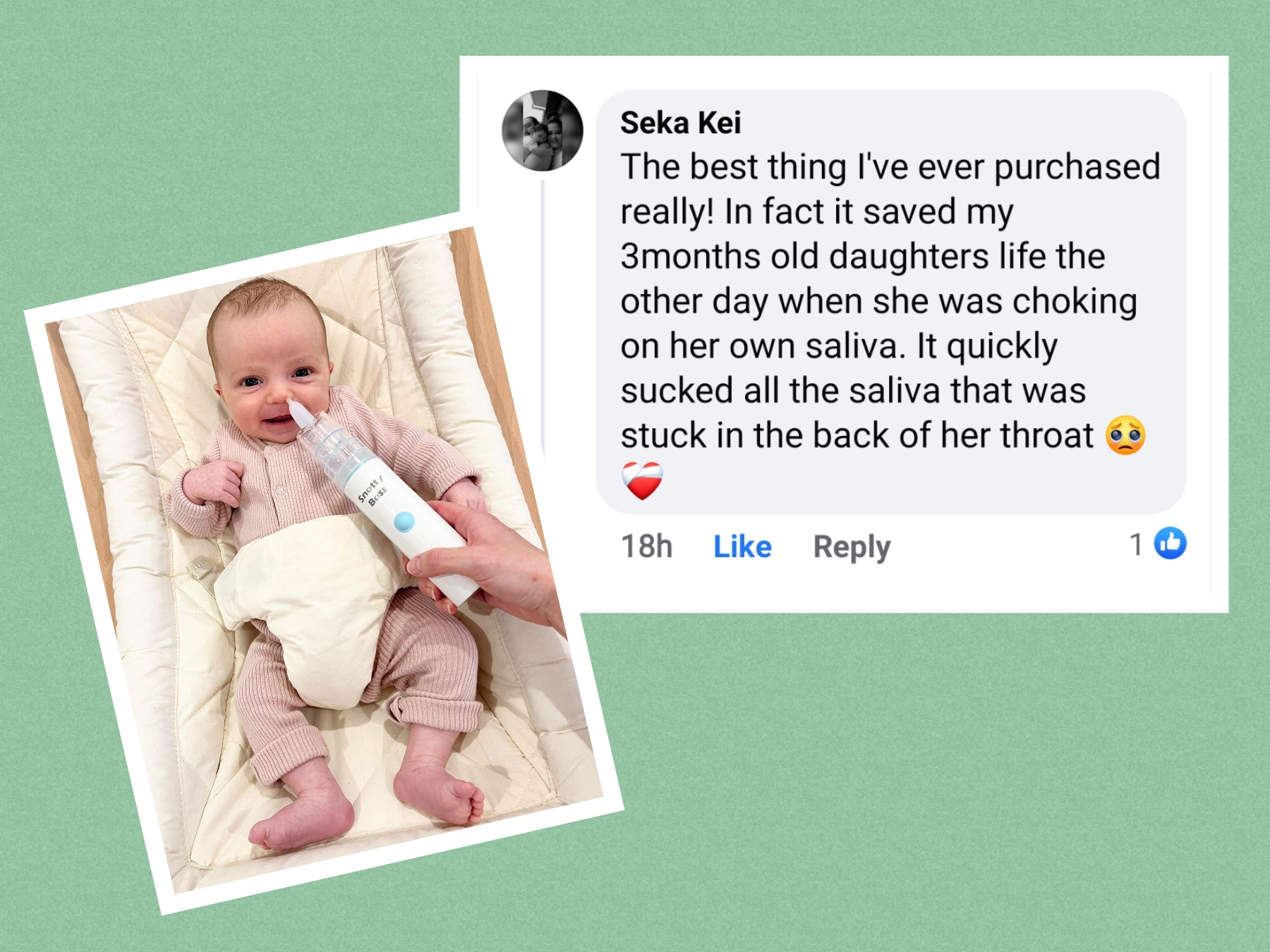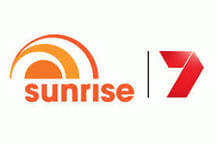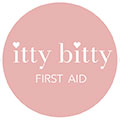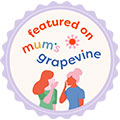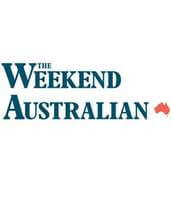RSV on the Rise in Australia
Posted by Laura Klein on 10th Jul 2023
Respiratory syncytial virus (RSV) is a common viral infection that affects the respiratory system, primarily in babies and young children. Health authorities are warning parents to monitor their child closely, with over 70,000 infections already recorded in Australia this year.
RSV can cause a range of symptoms, from mild cold-like symptoms like a runny nose, to more severe respiratory distress. As parents, it's essential to be aware of the signs and symptoms of RSV and understand how to provide proper care for your child.
As the infection is viral, antibiotics cannot treat the illness.
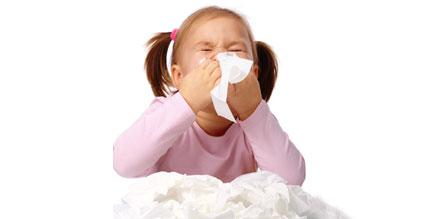
In this article, we will explore the current statistics, symptoms and treatment options.
RSV Statistics in Australia
According to recent data from the Australian Department of Health, RSV infections numbers for 2023 are around 70,000 cases.
The virus was first detected in 1956 but recorded case numbers have increased recently due to the high number of PCR tests being done to detect possible Covid-19 infections.
RSV is a leading cause of hospitalization for infants in Australia, particularly in babies under six months.
While severe cases are relatively rare, it is crucial to be vigilant and seek medical attention if your child exhibits concerning symptoms.
K
Today host Karl Stefanovic and his wife Jasmine recently shared their scare with RSV, when their daughter Harper was two.
Ms Stefanovic says what started as a cold, quickly turned into breathing issues.
“Initially, Harper had the sniffles and a cough, and we assumed she just had a bit of a cold. But within hours, she deteriorated,” she said. “It was alarming to see how hard she was working to breathe, with her little ribs sucking in and tummy pulling up into her chest”.
After seeing advice from a GP, Harper was rushed to hospital.
“It was a long night as we sat in the hospital ward beside Harper, trying to comfort her as a medical team worked to help her breathe,” she said.
The Stefanovic family recently teamed up with Immunisation Foundation of Australia for RSV Awareness Week 4-10 June 2023
Recognizing RSV Symptoms
RSV symptoms often resemble those of a common cold, but they can progress to more severe respiratory problems. Breathing difficulties can have a rapid onset.
Here are the common symptoms of RSV in babies and children:
- Runny or stuffy nose
- Sneezing
- Coughing
- Mild fever
- Sore throat
- Decreased appetite
- Irritability
- Rapid or difficult breathing
- Wheezing
- Cyanosis (bluish tint to the skin or lips)
In more severe cases, RSV can lead to bronchiolitis or pneumonia, which may cause persistent cough, rapid breathing, and difficulty feeding.
It's important to monitor your child's symptoms closely and consult a healthcare professional if you notice any concerning changes.
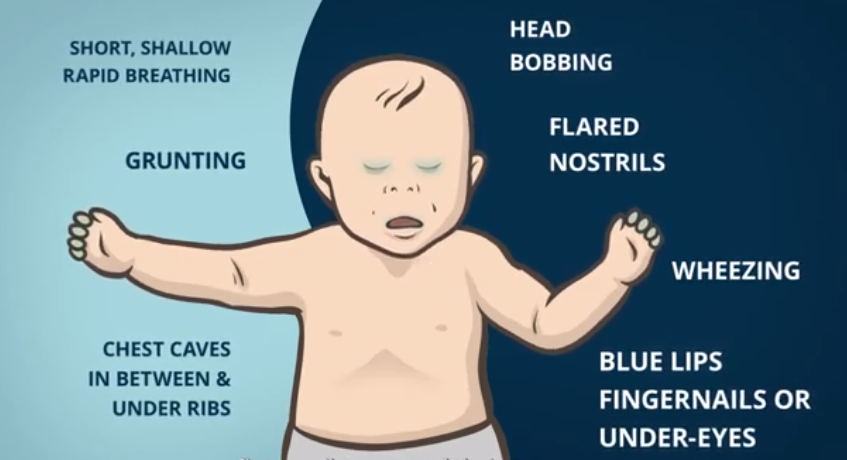
Image supplied by Immunisation Foundation of Australia
Treating RSV Symptoms
As RSV is caused by a virus, antibiotics are not an effective treatment. Most RSV infections can be managed at home with supportive care.
Here are some steps you can take to help relieve your child's symptoms:
- Ensure Proper Hydration: Offer frequent breastfeeds, formula, or fluids to prevent dehydration. Encourage older children to drink plenty of fluids.
- Keep the Air Moist: Use a cool-mist humidifier in your child's room to ease congestion and improve breathing. Hush is a 24-hour ultrasonic cool mist humidifier, and 3-4 drops of organic "Baby Breathe" essential oil can be added to the water chamber to additional health benefits*.
- Clear the Nose: Use saline and a nasal aspirator to gently clear nasal congestion and allow easier breathing of oxygen. Snotty Boss is a motorised snot sucker which clears nasal passages in 10 seconds and can be reused as needed.
- Offer age-appropriate pain relievers to alleviate discomfort and reduce fever. Always follow the recommended dosage for your child's age and weight.
- Monitor Breathing: Pay close attention to your child's breathing patterns. If you notice any rapid or labored breathing, consult a healthcare professional promptly.
- Seek Medical Attention: If your child's symptoms worsen or you observe signs of respiratory distress, such as bluish lips or nails, chest retractions, or severe difficulty breathing, seek immediate medical assistance.
Preventing RSV Infections
A person is usually infectious for 3-8 days after symptoms begin, but this may be longer in someone who has a weakened immune system.
While there is no cure or antibiotic treatment, there are steps parents can take to minimise the risk of catching RSV:
- Frequent handwashing: Encourage regular handwashing for both you and your child, especially before feeding or touching the face.
- Limit exposure: Avoid close contact with individuals who have cold-like symptoms or active RSV infections, particularly during the peak season.
- Cover mouth and nose: Teach older children to cover their mouth and nose with a tissue or their elbow when coughing or sneezing.
- Clean and disinfect: Regularly clean and disinfect frequently touched surfaces, toys, and utensils.
Conclusion
RSV is a common viral infection that affects babies and young children, particularly during the Winter months.
Recognizing the symptoms of RSV and understanding how to treat them is vital for parents. By being aware of the signs, providing supportive care, and seeking medical attention when necessary, you can help your child recover from RSV more comfortably.
Stay informed, follow preventive measures, and consult with healthcare professionals if you have any concerns about your child's health.
Disclaimer: Our products are offered for sale with general use guidelines provided by the manufacturer. Should any sensitivity to our products occur, please discontinue use.
We are not doctors or healthcare professionals or aromatherapists. Our products and information are not intended to diagnose, treat, and/or take the place of medical treatment prescribed by a doctor or medical professional.
Resources: news.com.au , Dept of Health and Aged Care, ABC News, News.com.au, Immunisation Foundation of Australia
* Essential oil is not recommended for babies under 3 months.


